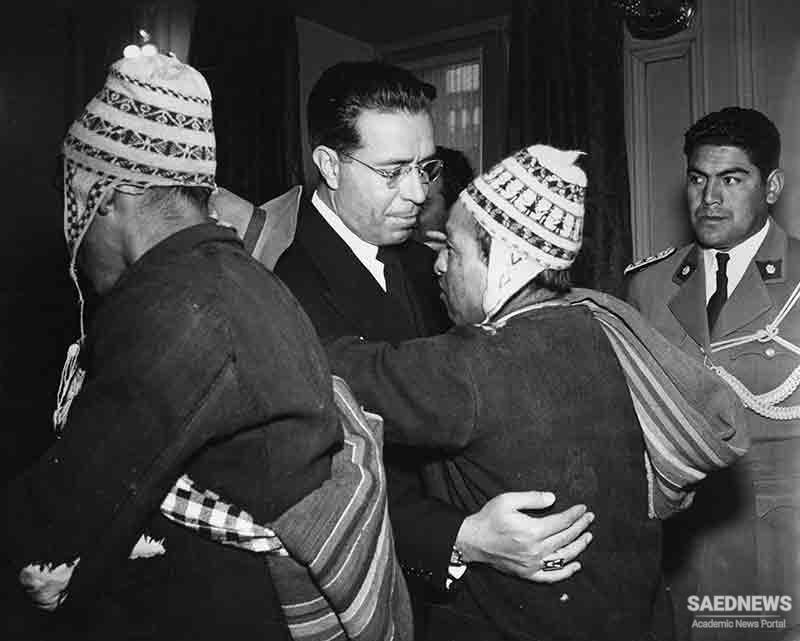Directed by Shelton, they molded the new two-year conscripts of the Second Ranger Battalion into an effective fighting force, and consequently Shelton, in his role as teacher of soldiers, had more responsibility for the way the struggle developed than any other American except Henderson.
Shelton's life, like Henderson's, is the kind that perennially fuels the American dream. Born in Corinth, Mississippi, into a poor family whose father had left before Shelton's birth, he would later join the military as a private and retire as a major. He would then receive bachelor's and master's degrees from Memphis State University and eventually become a federal-government executive with the Office of Personnel Management in Memphis.
Shelton attended public schools until tenth grade, when he left to help support his family. He then held various jobs in southern Tennessee, where the family had moved the year before he left school, working as a logger, saw-mill worker, tractor operator, and shoe-factory employee. At age 17, he moved to Detroit to work in an automobile plant, staying there for some four months. When the company began a round of layoffs, he turned to the army for educational opportunities and upward mobility.
Enlisting for five years, he was sent first to Japan, as he had requested, and was promoted to sergeant before the Korean War began in 1950. He was among the first U.S. soldiers to go into combat in that conflict, being rushed to Pusan, where he fought less than two weeks before being hit by a mortar shell and evacuated to Japan. Within about three months, he returned to the war and received the Silver Star for destroying an enemy machine-gun nest. After some four months of continuous combat, he received another wound, this one from a hand grenade, and was sent back to the United States.
When Shelton's five-year enlistment ended in 1953, he decided to help his father on his farm in Mississippi. He put most of his savings into cotton and corn seed, but a drought-ridden growing season changed his mind about farming in less than three months. The army permitted soldiers who left the service to return to their same rank if they did so within 90 days. Shelton returned on day 87. By then he was married and had two children. During the next five years, he served in assignments in the United States and Germany, and he and his wife had another child.


 The Green Berets
The Green Berets














































